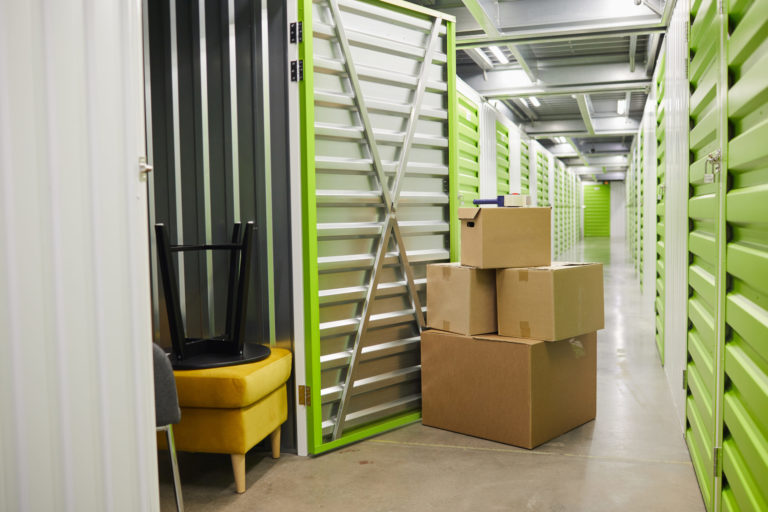What you put into your home is important to you. When you invest in appliances or certain systems, you want a guarantee that they will work well for you. Your air conditioner is one of these essential systems that you want to prioritize as a homeowner. When it’s a hot, sweltering day in the middle of July in Texas, you’re going to be grateful you have an AC unit that’s up for the task.
In this day and age, it isn’t enough to just have a good system that can do the job. In the midst of climate change and a focus on energy efficiency, you want an appliance that is going to use less energy and save you more in utility costs. Your HVAC system requires a lot of energy to function and operate, but newer models are trending toward leaving a lower energy footprint. These levels are usually defined by their SEER rating. Let’s dive into exactly what a good SEER rating is and how this can benefit you, your home, and your energy savings.
Defining the SEER Rating
To start, you may be wondering what a SEER rating is. SEER stands for Seasonal Energy Efficiency Ratio. This is found by dividing the power that your AC unit used in a certain season by the total amount of heat removed from a space. This mathematical equation can help you understand just how efficient and high-functioning your air conditioner is. By covering data from the entire season, you’re getting a more accurate read on the overall usefulness your air conditioning is bringing to your home for a small amount of energy. The better your SEER rating is, the more energy-efficient your appliance. This is an important factor as you decide on what HVAC system you want to invest in.
More Energy-Efficient Air Conditioning
Efficiency is the name of the game when it comes to appliances and systems in the 21st century. The SEER numbers range from a rating of 13 to 24. Closer to 24 means your AC system doesn’t use as much energy to distribute the same cooling output for a regulated indoor temperature. This will be a good thing to look for, especially if you live in a place with high humidity or hot seasons. A more efficient system will last longer, cost less, and work better for your home.
Save on Energy Costs
Energy consumption is a big part of your monthly expenses. Your utility bills can make or break your budget based on how much electricity and energy your HVAC system needs. While a new unit that has a higher SEER rating may be more expensive to install, it will end up saving you a lot more money down the line. A more energy-efficient system will provide the same temperature and air quality as an older model, but they will use much less energy to do so. This means you’re spending less money on your utilities and can focus on other, more fun ways to spend it. Essentially, a high SEER rating is putting money directly back into your pockets with an efficient air conditioner.
Location Qualifications
One thing to know about SEER ratings is that there are some regulations depending on where you live. The US Department of Energy sets a minimum SEER rating for different areas of the country. Hot and humid areas may require slightly more efficient systems to keep up with the seasonal changes. For example, if you live in Texas, the minimum SEER rating is 14. Depending on the size of your home and where you’re located, you may be required to get a more efficient unit.












